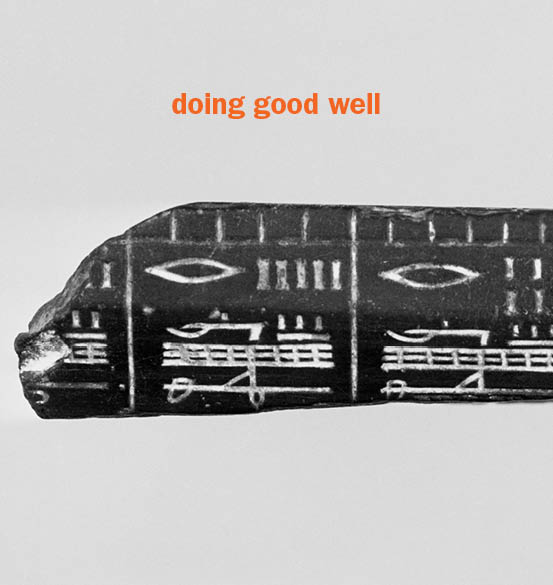Why results matter
It’s not a good idea to tell people in cause-related organizations that people in the real world are held to higher standards. You will not be thanked for your candid feedback, and it certainly won’t make anyone feel more open to ideas about how to raise their game.
And who would blame them? It’s ludicrous to think that those working to support others and promote social justice have it easy. Besides, isn’t relieving suffering and writing wrongs a valid return on investment? And what success metrics apply to both a retail business and an agency assisting the homeless? To a corporate lawyer and a public defender?
And yet. It is time to accept that being rewarded for caring was great while it lasted, but that will soon be necessary but not sufficient. Those dedicated to altruistic goals have often been valued in terms of the worthiness of the cause, not the effectiveness of the organization or its people. That is changing, and with the current administration intent on reducing government supports for the vulnerable, its changing fast.
The transition to a new way of life is not simple or easy for people in the non-profit sector, and we are fortunate to work with leaders who are willing to confront the difficult work of changing behaviors, mindsets and cultures. Accountability is here to stay, which means that organizations must know what is and is not working to further their goals. And they need data to prove it.
What can be measured can be improved is a cliché for the simple reason that it’s unarguably true. And yes, who is and isn’t working effectively also matters. So what we are measuring, if profit and loss statements doesn’t apply? After all, the processes and behaviors of businesses are shaped by the goals they all share: when you exist to make money, tracking and analyzing expenses and revenues is fundamental, an attitude as well as a basic design feature of any for profit organization.
Board members and funders are not wrong to insist that non-profits must be more business-like but there are few agreed-upon models to turn to. Simple bottom line questions can be difficult-to-impossible to answer when you don’t have data that others consider basic. You can’t say if the recent gala made or lost money if you don’t factor in labor costs, and if keeping and analyzing time sheets isn’t a core discipline, you don’t know your own expenses.
Many are panicked by this shift and so defensiveness is a real issue and can waste valuable time. But our clients are working hard to become more effective without losing their sense of mission. Commitment to worthy goals is no longer a case for support, and it can be wrenchingly difficult to change attitudes and daily work habits. But, as always, when survival is at stake, remarkable things are possible.
by Christie Foster

